Travel tips for classic lovers – Vienna and Arnold Schönberg
The series about historical places of opera art. Get to know exciting excursion and travel ideas for opera lovers. This time: Modena and Arnold Schönberg
All Destinations on google maps with links to detailed Blogposts:
Arnold Schönberg in Vienna
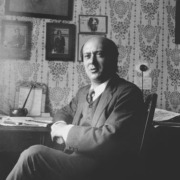
Schönberg was a native of Vienna. His parents came from neighboring countries to the east and were of Jewish descent. Schoenberg converted to Christianity at the age of 24, in part to escape rampant anti-Semitism.
His first musical phase was late romantic with the main work “Transfigured Night”, later he composed atonally e.g. “Pierrot Lunaire” and then in the twelve-tone technique e.g. “Variations for Orchestra”. With his writings on compositional theory, he became an influential theorist, developing the foundation of modern, newer music (new resp. second Viennese school).
Schoenberg later emigrated to the USA where he lived near Thomas Mann.
Destination Schönberg Museum Mödling (near Vienna)
Arnold Schönberg’s Mödling residence from 1918-1925 has been turned into a museum. Since he developed the twelve-tone technique there, it is called the birthplace of 12-tone music.
In this house, one experiences his life stations through multimedia, sees personal objects and learns about his compositional technique.
https://www.schoenberg.at/index.php/de/arnoldschoenbergcenter/schoenberghaus
Destination Musikverein – the scandalous concert of 1913
Works by won Webern (premiere of the six pieces for orchestra) , Zemlinsky, Schönberg, Mahler and Berg were on the program when in 1913 avant-gardists and conservatives listened to the concert co-organized by Schönberg. During the concert there were riots. Chair legs, program booklets, even dentures are said to have flown. The atonal music was too much for the audience, opponents and friends shouted at each other, and several times people are said to have attempted to climb the podium in order to berate the artists. When Schönberg addressed the audience, he had to be protected by his friends. Repeated slaps are said to have occurred, and the concert went down in the history books as the Watschenkonzert (Watsche = slap in the face).
The concert then had to be stopped.The conservative operetta composer Oscar Strauss, who was present, is said to have claimed in the subsequent judicial aftermath “that the clapping of the slaps was still the most melodious thing to be heard that evening”.
Musikverein:
Destination Central Cemetery (Zentralfriedhof)
Schönberg had a phobia of the number 13. He even went so far as to name his opera “Moses und Aron”, since the name with double A would have comprised 13 letters. He feared his death in a year that would correspond to a multiple of 13. This did not come true in the end, but he died on a day with the date of a 13. To be precise, on July 13, 1951.
Schönberg had died and been cremated in the USA and a grave of honor was erected for him in the Central Cemetery.

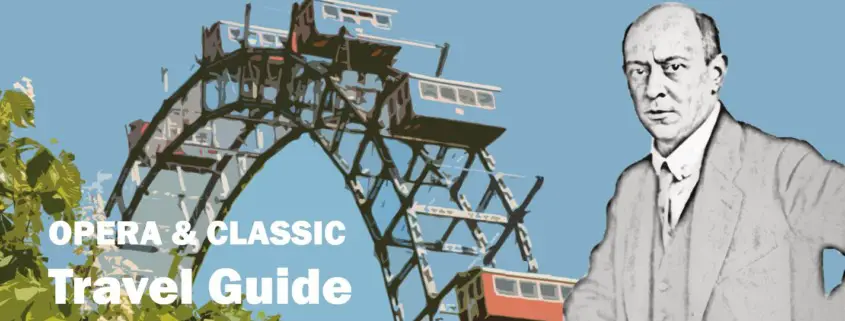
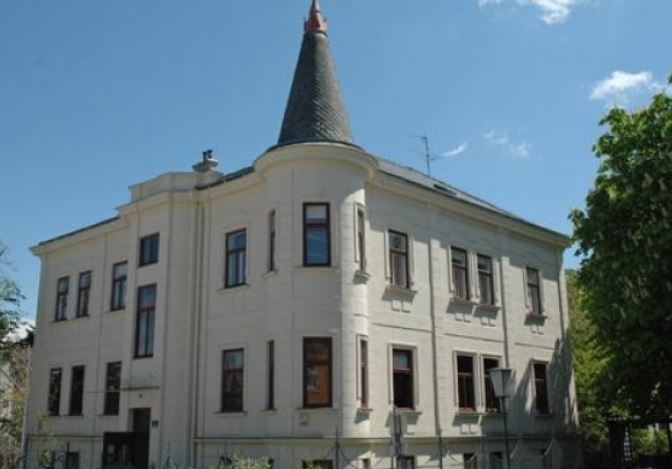
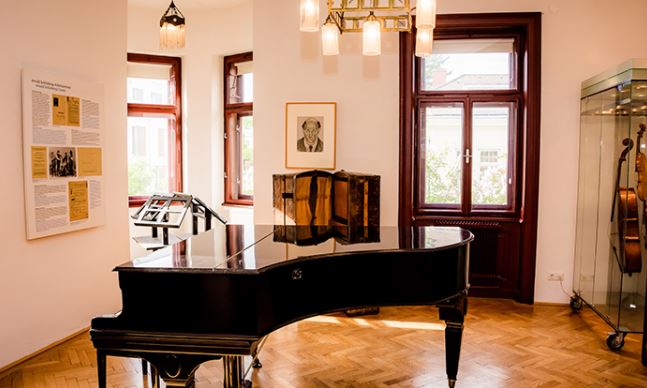
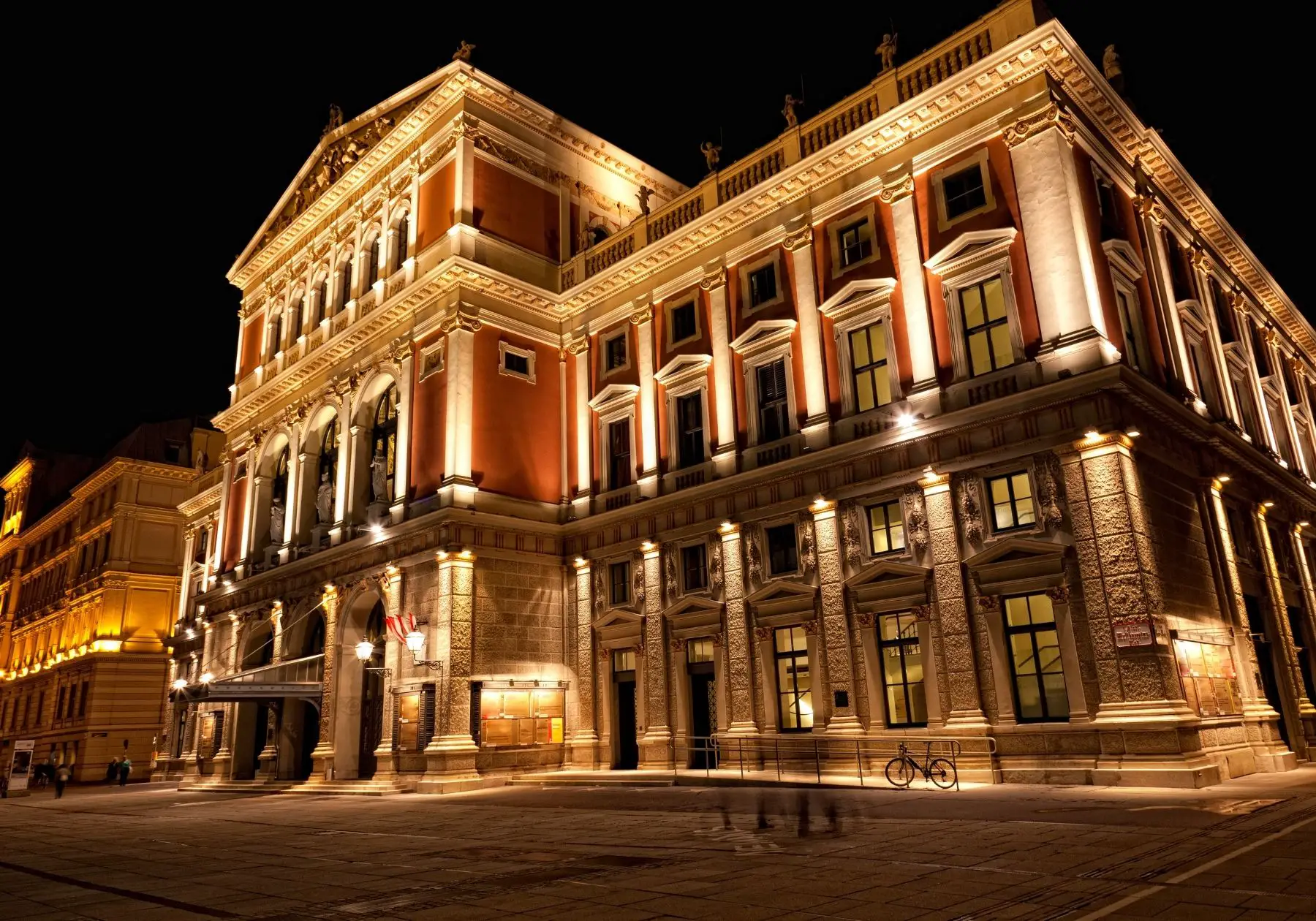


Leave a Reply
Want to join the discussion?Feel free to contribute!